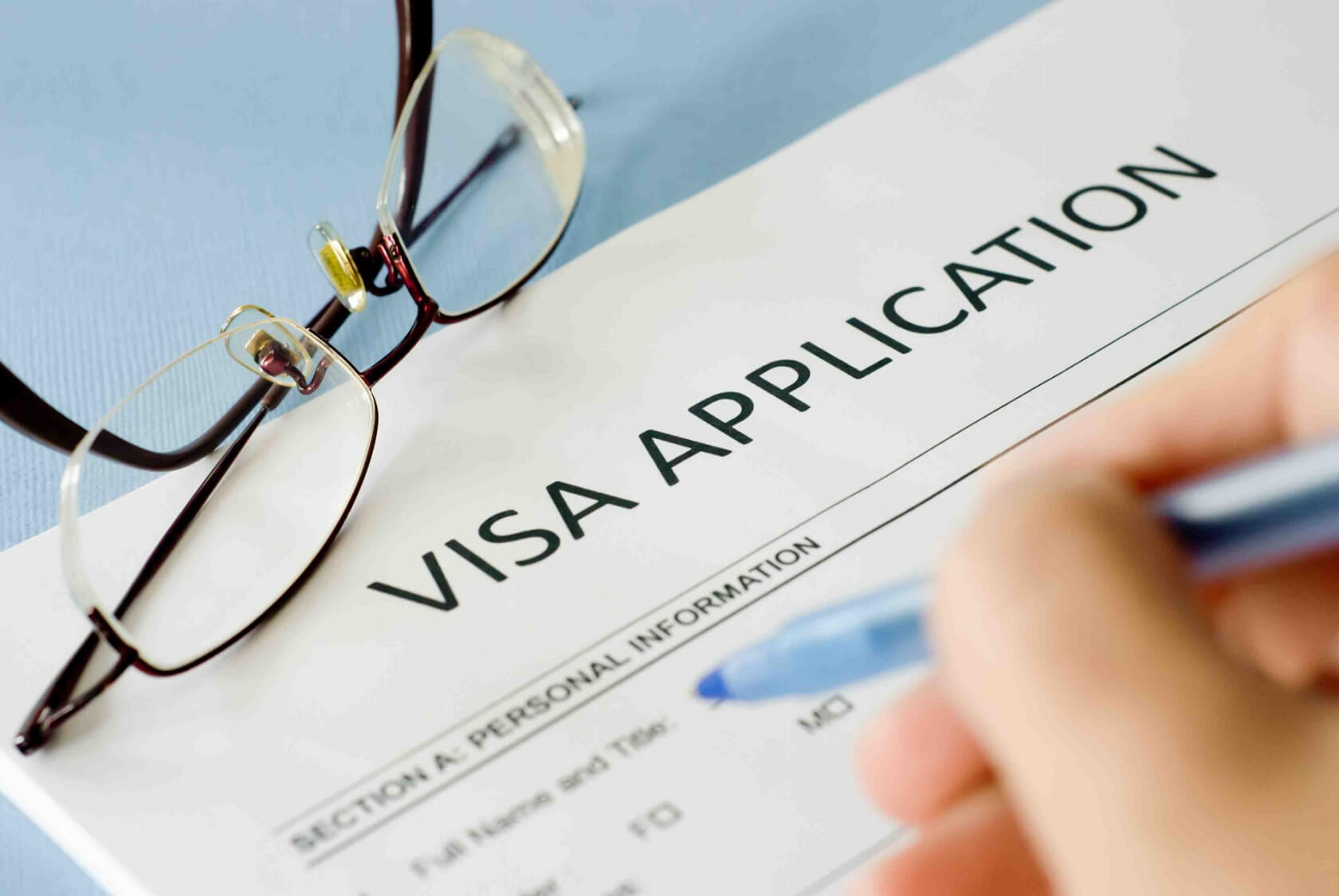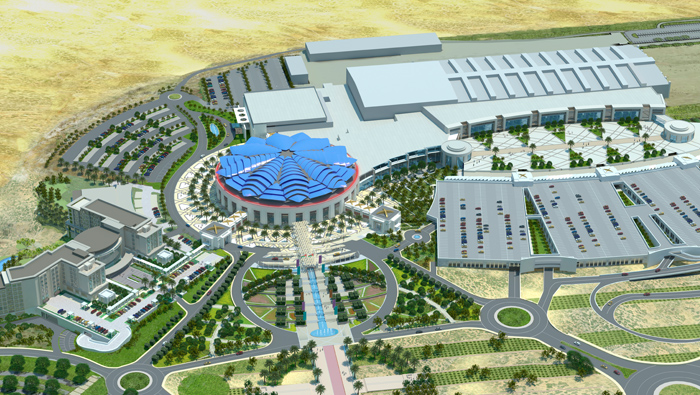

Visa Guides: Applying for Visas for International Conferences or Seminars is crucial for international travelers planning to attend conferences or seminars abroad. This comprehensive guide will walk you through the entire process, from understanding the basics to navigating the application steps. This guide identifies common challenges faced by travelers and offers practical solutions to facilitate successful visa applications. This detailed article covers the essentials of preparing documents and will help you navigate the often-complex application process, boosting your odds of approval.
Understanding Visa Requirements for Conferences
Different Types of Visas for Conferences
Visa requirements vary significantly based on the type of conference, your nationality, and the host country. For example, a research conference might require a different visa type than a business conference, or a student conference may be subject to more stringent eligibility criteria. Understanding the nature of the event and your participation role is crucial to determine the correct visa type. Each country has specific regulations and requirements, and it is imperative to consult official embassy or consulate websites.
Key Considerations When Applying
Several key factors influence the visa process, including the purpose of your visit, duration of stay, and financial stability. This involves researching the specific requirements set by the host country’s immigration authorities to prepare the required documentation accordingly.
Importance of Thorough Research
Extensive research into the specific requirements of the country hosting the conference or seminar is of paramount importance. Consult official government websites or contact the relevant embassy directly to ensure accurate and up-to-date information, as policies can change frequently. The required documents, deadlines, and procedures often vary from nation to nation, highlighting the importance of meticulous research in advance of submitting any application.
Preparing Essential Documents
Invitation Letter
An official invitation letter from the conference organizer is frequently required to demonstrate the legitimacy of your attendance. This document serves as evidence of your confirmed participation. It typically includes details about the conference, dates, and purpose of your visit.
Financial Documentation
Proof of financial resources is crucial to demonstrate your ability to cover expenses during your stay in the host country. This might include bank statements, sponsorship letters, or other relevant financial documents. This provides assurance to the authorities regarding your financial stability while in the country.
Passport and Travel Documents
A valid passport with sufficient validity beyond your intended stay is essential. The passport should be free of any visible damage and have sufficient blank pages for visa entry stamps. This ensures that your identification is readily verifiable and acceptable throughout the process. Make sure the passport is valid for the duration of your stay.
Navigating the Application Process
Application Submission Deadlines
Deadlines for application submissions vary significantly and should be strictly adhered to. Check the embassy or consulate’s website for the exact timeframe and follow their procedures closely to ensure your application is submitted within the designated period. Not adhering to timelines could result in rejection, making timely submission of applications essential.
Contacting the Relevant Embassy
Direct communication with the embassy or consulate is vital in acquiring the necessary information or clarification on the required documents or procedures. This personal engagement helps to avoid any misunderstandings or delays, enabling a quicker and more efficient application process.
Understanding Visa Rejection Reasons
Understanding the potential reasons for visa rejection is crucial to avoid repeating mistakes in subsequent applications. Carefully reviewing rejection letters or communication from the authorities allows for a more informed approach to subsequent submissions. Addressing any gaps or ambiguities identified in the rejection response can enhance the chances of success.
Common Challenges and Solutions
Delayed Processing Times
Visa processing can take time, and delays are common. It is essential to plan for this potential delay well in advance to avoid last-minute complications. Starting the application process well in advance, often months before your travel date, is one important strategy.
Incomplete Documentation
Carefully checking and double-checking the completeness and accuracy of all submitted documents minimizes potential problems and increases the likelihood of a positive outcome. Avoid submitting incomplete applications, as this can significantly delay the process.
Misunderstanding Visa Requirements
The intricacies of visa requirements can easily lead to misunderstandings or errors in the application process. Thorough research, consulting official sources, or seeking professional guidance helps avoid such errors.
Additional Tips for Success
Submitting Applications Well in Advance
Starting the application process months in advance allows for sufficient time for processing, reduces stress, and enhances the chances of success. A detailed understanding of application procedures and deadlines is paramount in ensuring timely application submissions, potentially preventing unforeseen complications.
Contacting Visa Experts
Consider consulting visa experts or professionals specializing in international travel. These experts can offer valuable guidance and support throughout the visa application process, mitigating potential challenges.
Tracking Application Status
Monitoring the status of your application ensures you remain updated and avoid any potential delays or complications. This proactive approach gives you a sense of control and allows you to address any issues promptly, increasing the chance of a successful application.
Applying for a visa to attend an international conference or seminar can often raise questions and concerns. We have addressed some of the most frequently asked questions below:
What documents are typically required for a conference visa application?
Visa requirements vary significantly based on nationality and the host country. Generally, you’ll need proof of your conference participation (official invitation letter), proof of financial resources to cover your stay, a valid passport, and in some cases, evidence of a return ticket. Always refer to the specific requirements of the embassy or consulate you are contacting.
What should I do if my visa application is denied?
If your visa application is denied, it’s crucial to understand the reasons for the denial. Carefully review the rejection letter and address any outstanding issues. You may have the option to appeal the decision, or reapply after rectifying the issues. It’s important to seek professional advice in such situations. Understanding the reasons for denial is key to a successful reapplication.
What is the typical timeframe for a visa application process?
Visa processing times can vary considerably, dependent on the specific requirements of the country you are visiting. It is highly recommended to start the application process well in advance of your planned travel dates, allowing at least several weeks or more for processing, particularly if you require a visa from a country with stricter application policies.
In conclusion, obtaining visas for international conferences and seminars requires careful planning, thorough research, and adherence to specific guidelines. By understanding the visa requirements, preparing necessary documents, and engaging with the relevant embassy or consulate, attendees can significantly increase their chances of a successful visa application. Remember to submit your application well in advance to avoid last-minute issues, and always consult official resources for the most up-to-date information. For further assistance or if you have any questions, please visit our website for additional resources or contact us directly.